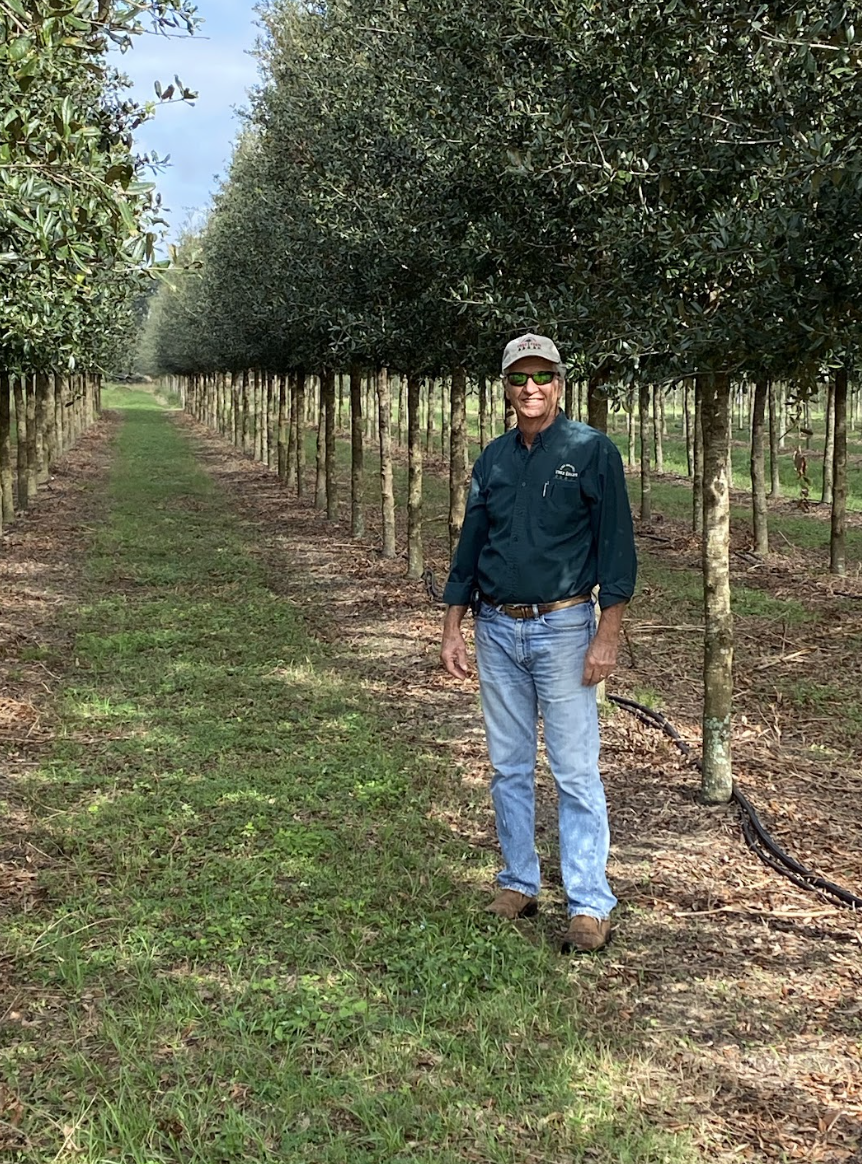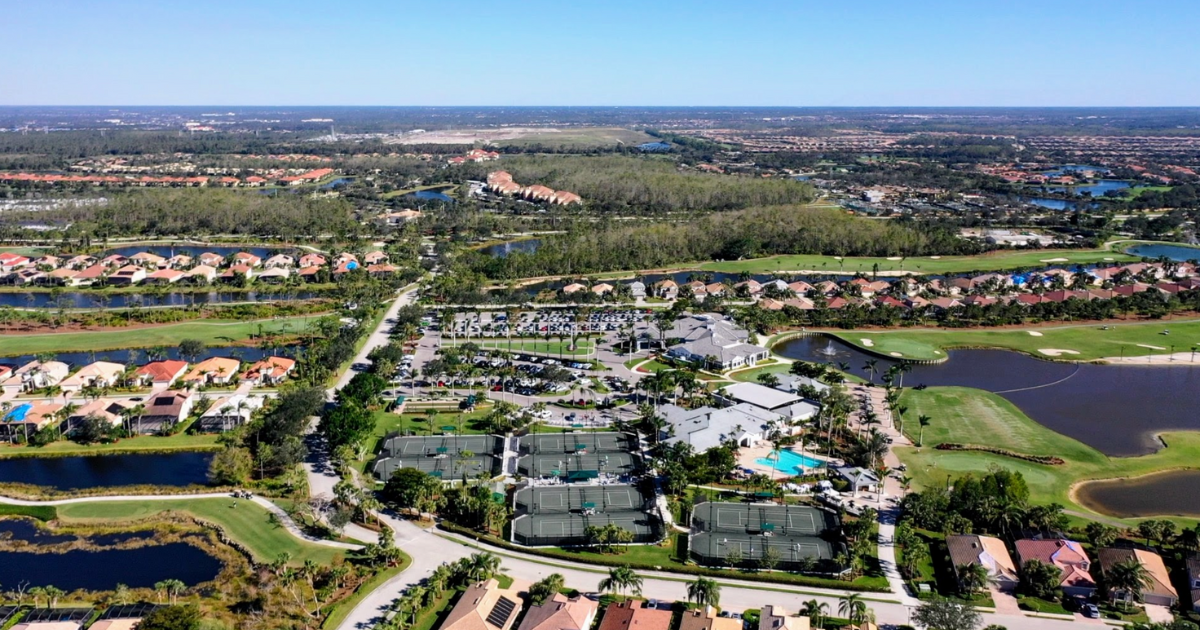 INDUSTRY INSIGHTS WITH JOHN CONROY
INDUSTRY INSIGHTS WITH JOHN CONROY
This column is offered in an attempt to keep you and your employees out of the courtroom or other contentious situations. My next column will be a reach out to leaders of professional organizations and we will focus on what they mean to you, the industry and how they contribute to your professional growth.
 Joe Samnik of Expert Tree Consultant Shares
Joe Samnik of Expert Tree Consultant Shares
with Us Insights to Avoid Legal Difficulties
John: Before we begin our discussions regarding some of the many ways individuals and businesses expose themselves legally, share with us a little about yourself. What is it that you do for the industry and who do you represent in court cases?
Joe: The legal side of my practice typically reduces itself to assisting landscape installers, landscape architects and developers with issues regarding landscapes and the many mistakes made with these professionals in the marketplace. I have been established now for over 55 years and have been named as an expert witness in over 1000 litigated matters regarding the Green Industry.
John: What are some common failures which you have seen in contract formation?
Joe: Landscape architects notes are frequently a point of contention. This includes their specifications and illustrations. LA’s must consider and realize that their landscape plans are the cornerstone of a legal and binding contract between the landscape installer and the client. For the most part landscape architects use boilerplate language in their work products. This is often out of date and missing key components needed to protect themselves.
"The single biggest issue for landscape installers
is not following the landscape notes."
Conversely, if the landscape notes are not correct to start with, then the landscape installer is incorrect when abiding by the LA’s work product. This dueling conflict between the LA’s work product and the landscape installer’s performance leads to legal issues; lawsuits for breach of contract, negligence, and product liability. As to the client, they are typically left holding the proverbial bag and the only way out for them is in a court of law with you as one of the participants.
John: Cases where failure to meet the standards provided by ANSI and Florida's Grades and Standards have come into play. This is a very specialized branch of law. Ignorance of these standards is no defense and attorneys may not understand the standards. No doubt that is one of the places where your knowledge plays a key role.
Joe: To be qualified as an expert witness, subject matter expertise must be demonstrated to the judge or to the trier of fact. The more and more that I know about less and less, the more successful I become. Just as the medical profession has become extremely specialized and laser focused in their areas of expertise, so to have expert witnesses.

John: You have taken the witness chair on each side, representing plaintiffs and defendants. How does that help you in your practice?
Joe: At the end of any given year, my case load is almost 50-50 plaintiff and defendant. The courts and jury members look more favorably upon the expert who does not always represent only one viewpoint in disputes. Both sides present and require unique approaches to settlement and comprehension.
"Working both sides, plaintiff & defendant, enables me to better understand the requirements demanded by each viewpoint."
John: You evaluate trees and serve as an expert witness during litigation. Please share some key points which will keep us out of the courtroom or at least how to increase our chances of prevailing.
Joe: Get everything in writing, no exceptions. The written communication does not have to be fancy or on your letterhead, but it must be reduced to writing. Put a date on it. You must be able to demonstrate that which you are asserting. Follow the ANSI Standards, at least the parts that pertain to your practice. If you are going to specify Florida’s Grades and Standards, then you need to know what they say and what they mean. I have repeatedly seen landscape architects state that all specifications must comply with Florida’s Grades and Standards, but the Specification Notes differ from the Grades and Standards. Make certain that your landscape illustrations are up to date. Almost every planting illustration that comes across my desk shows the top of the plant just below grade.
John: What final bit of guidance can you give our readers?
Joe: If you do get into any type of an issue that has the possibility of escalating, keep your mouth shut. You are not going to fix anything by talking. Professionals have the notion that once they explain their side of the story everything will be okay. It will not be okay. The more you talk, the more trouble you are going to get into. If you are not qualified to opine on a particular matter, then do not. LA’s and fertilization specifications come immediately to mind. Their fertilization specifications are seldom, if ever correct. This is going to work heavily against you if the matter escalates into legal territory. The written mention of particular pesticides is against the law in most states unless you are certified by the state to do so. Stay out of the business you have no business being in.



 John Conroy
John Conroy

.png)
